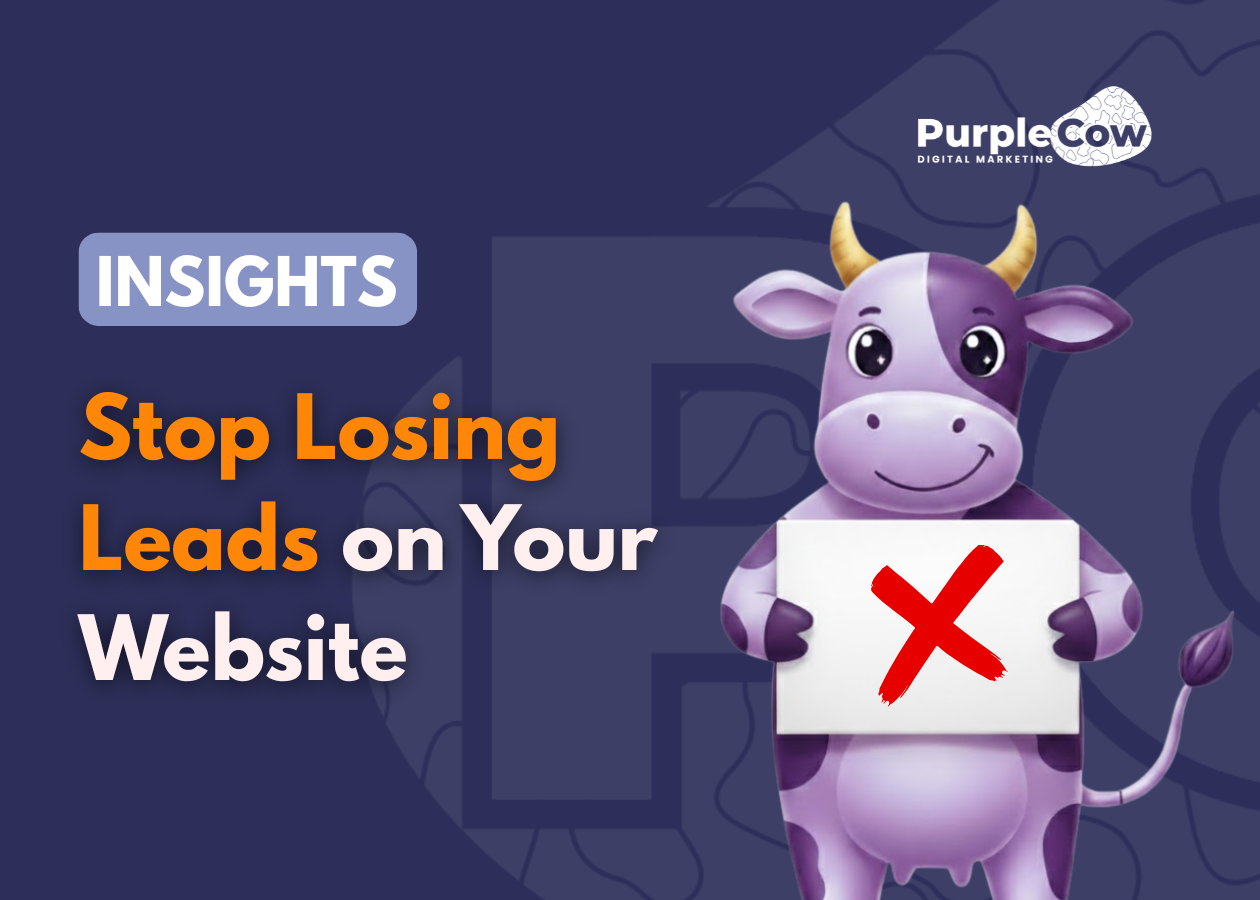A disclaimer page is a legal statement to limit your liability on the outcome of how people use your site. It advises readers that you’re not to be held liable for information or actions people have done after reading your blog. It also lets them know what will they expect or receive when they’re on your website.
All sites are required to have disclaimers. While it won’t directly affect your ranking factor, people will perceive you as someone credible, honest, and trustworthy. What’s more, if you plan on having advertisements on your site, you need to reveal that information to your visitors as well.
Find out how disclaimers can help you with your business!

Why you need a disclaimer page
Disclaimers protect you from liability when readers take external action from your website. It states a warning, notice, or announcement that serves mitigation of risks – in short; it can help you get away with legal actions from readers.
For instance, you’re writing about weight loss techniques to get readers on shape. However, some site visitors gained weight after you taught them these techniques. If you’re also promoting weight loss diets and capsules, and visitors bought them from you, it’s no guarantee that they’ll receive the same results as you did.
Some might experience severe allergic reactions or side effects when taking the capsules. If you did not place a disclaimer on your page, they can come after and sue you.
However, if you have a clear disclaimer in the article, it is apparent that the article won’t be taken as a piece of medical advice and is only for informative purposes.

When to include disclaimers
There are instances where you have to include disclaimers. You need to identify areas of risks that can put your site at a liability. Here are important factors you need to have a disclaimer statement on your website.
Third-party content or advertisements
Advertisements on your site – guest posts, content submissions, native advertising, advertorials, banners, or promoted inks – can put a risk on your website. A disclaimer can put you off hold over the actions of third-party partnerships whenever a visitor takes action for them.
For instance, you don’t have any liability for delayed shipment of a product you’re promoting, since that’s the other party’s obligation. You’re also in no way liable for allergic reactions arising from users IF you’ve disclosed enough information to the readers.
Physical property liability
Physical products for home and gardens, automobiles, or software applications might have flaws that could cause physical damage to property. If you’re advertising a product, always seek disclosure from its parent company over the product’s requirements.
There are instances wherein a product may not match a machinery’s requirements and it can cause physical damage. Place a statement that you won’t be held liable for misuse by the user.
Accuracy of information
You could have been publishing late news or something that’s bound to be updated. If you’re running a story that is meant for updating, people can get flustered by it. You can protect your content by placing a disclaimer at the end of the post.
For instance, it can be a developing story of an occurrence earlier this morning or an old café shop that closed down months ago. With this in mind, there’s a need to update content regularly to gain Google’s favor. Search engines and people always like fresh content.
Originality and ownership of content
If the content is yours, you better make sure that no one steals it. Disclaimers help protect you from accusations, theft, or exposure that might put your website in a bad light.

What to include on a disclaimer page
Many people don’t know how to start making a disclaimer statement. In the end, they ended up copying somebody else’s. Disclaimers can sound as stale and stuffed like an academic position or legal framework, but you can always make your disclaimers according to your brand experience. What’s important is to include the following factors such as:
Nature of website. What is the niche of your website? Is it a blog with ever-changing content or an e-commerce store that runs a variety of goods to customers? Claiming the nature of your website allows visitors to expect several things from you such as content, products, advertisements, offers, and more. a disclosure can also help you win more advertisers in running their products with you.
No professional advice. Let your readers know that your website or blog is for informative purposes only and should not be taken as legal or medical advice. You’re not an engineer, doctor, attorney, or accountant. If you’re writing a technical or profession-based job, and you’re no professional, let them know they should see a professional for their needs.
Accuracy. State that any information found on your website is true to the best of your knowledge. However, that does not make you accurate in any way. There could be errors in your facts, mistakes on the context, and omissions of data on your context. To avoid getting into legal trouble yourself, state that the content is under investigation or needs to be reviewed for accuracy purposes.
Opinion disclaimer. If you have an opinion section for your website, remind readers that it’s the view and belief of the writer and not the whole organization or third-party personas mentioned in the piece.





